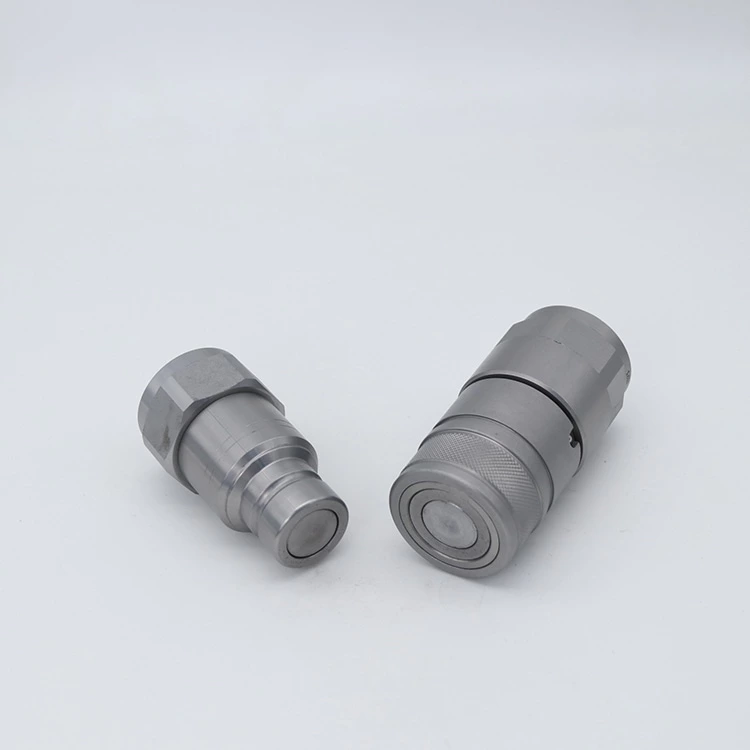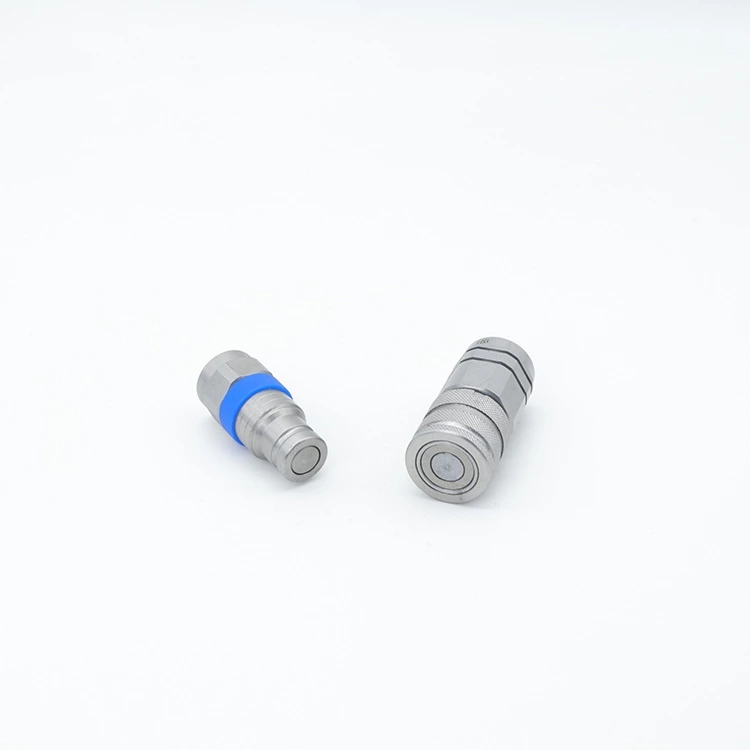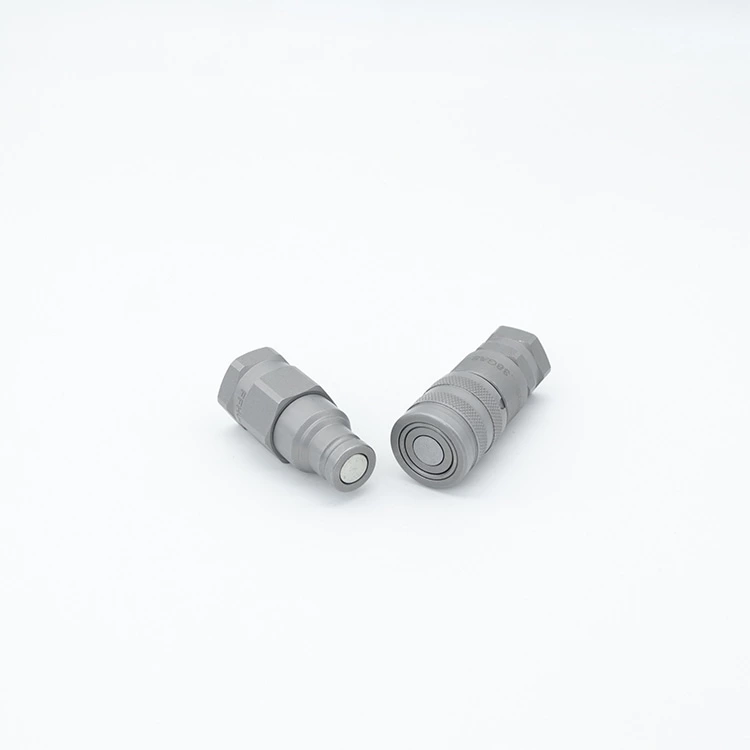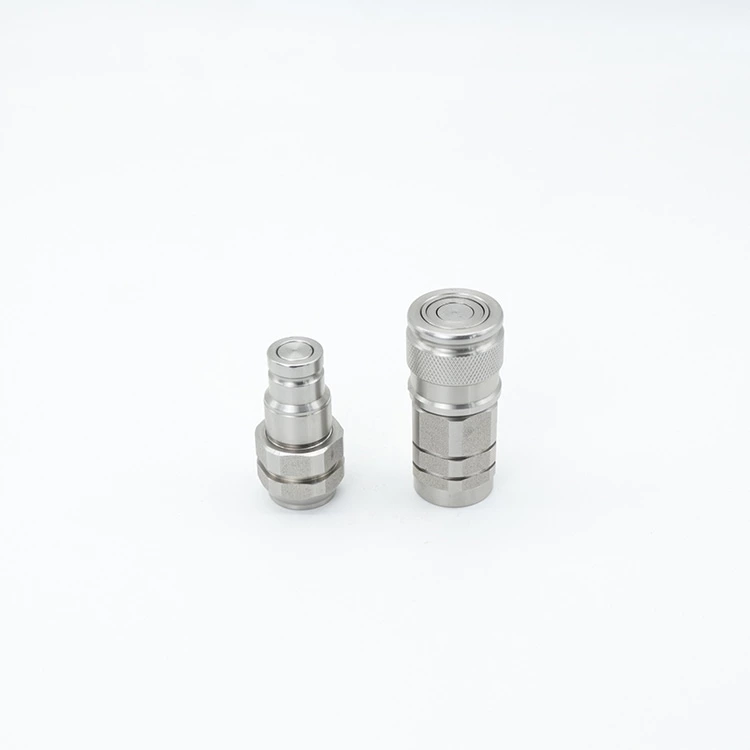Hydraulic quick connectors in different environments
From agriculture to oil and gas extraction, from earthmoving to road transport, quick couplings are used in a wide variety of industries, even including the chemical and food industries.
Therefore, the design and construction of quick connectors must take into account various factors and operating conditions to ensure high quality and high safety levels throughout the complete product line.
A key issue in the manufacture of quick couplings is evaluating their exposure to corrosion. The gradual increase in damage to such parts varies according to the application environment, from an environment where damage occurs very slowly, to an environment where the process is particularly violent and rapid.
Some general conditions can be identified:
- Low corrosion: There are no special environmental conditions, and the hydraulic oil used will not cause damage to the circuit if it is kept pollution-free;
- Medium corrosion: related to the fluid used, such as in cooling systems using water-based solutions;
- High corrosion: Under these conditions, quick couplings must be able to withstand harsh environments, such as offshore oil platforms.
Three materials are mainly used in the manufacture of quick couplings to meet these different conditions:
- Carbon Steel: This is the most widely used metal in quick couplings. It offers a good balance between technical and commercial properties and excels in low corrosion applications;
- Brass: Easy to handle, good resistance to moderately corrosive liquids.
- Stainless steel: This material is widely used in daily life, but in the field of quick connectors, it is mainly used in high corrosion applications. It is extremely wear-resistant and durable and is recommended for the shipbuilding and offshore platforms industries.
These materials and processes involved in the manufacture of quick couplings are the result of continuous research and development by manufacturers to ensure the quality of the final product.








